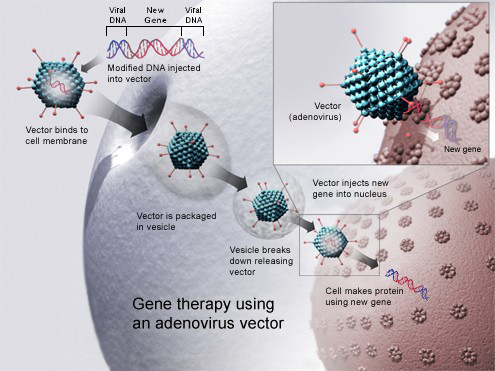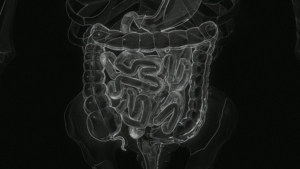
uniQure’s AMT-130 receives FDA Orphan Drug Designation in Huntington’s disease
As first gene therapy ever, AMT-130 has been granted FDA Orphan Drug status in Huntington's Disease.
For the Amsterdam-based gene therapy specialist Uniqure NV it’s another good news after losing its licence partner Chiesi: its proprietary gene therapy candidate for Huntington’s disease has gotten orphan drug designation in the largest pharma market globally.
AMT-130 consists of an AAV5 vector carrying an artificial micro-RNA which silences the defective huntingtin (HTT) gene. The gene therapy is delivered directly into the brain of patients with the uncurable disease for which there is no causative treatment yet. The neurodegenerative disorder ist caused by accumulation of CAG expansions in the huntingtin (HTT) gene. Clinically, Huntigton disease leads to a loss of muscle coordination, behavioral abnormalities and cognitive decline, resulting in complete physical and mental deterioration over a 12- to 15-year period of time.
In March 2016, uniQure published preclinical results, indicating that a one-time administration can block the mutant HTT gene that causes Huntington’s disease. Uniqure demonstrated strong allele-selective silencing of the HTT gene by miSNP50 targeting the heterozygous single-nucleotide polymorphism rs362331 and total HTT silencing exon 1 of the HTT gene by miH12 both in vitro and in vivo. According to Uniqure’s CEO Matthew Kapusta, the company plans to start Phase I studies with its experimental gene therapy next year.



 Unsplash+
Unsplash+